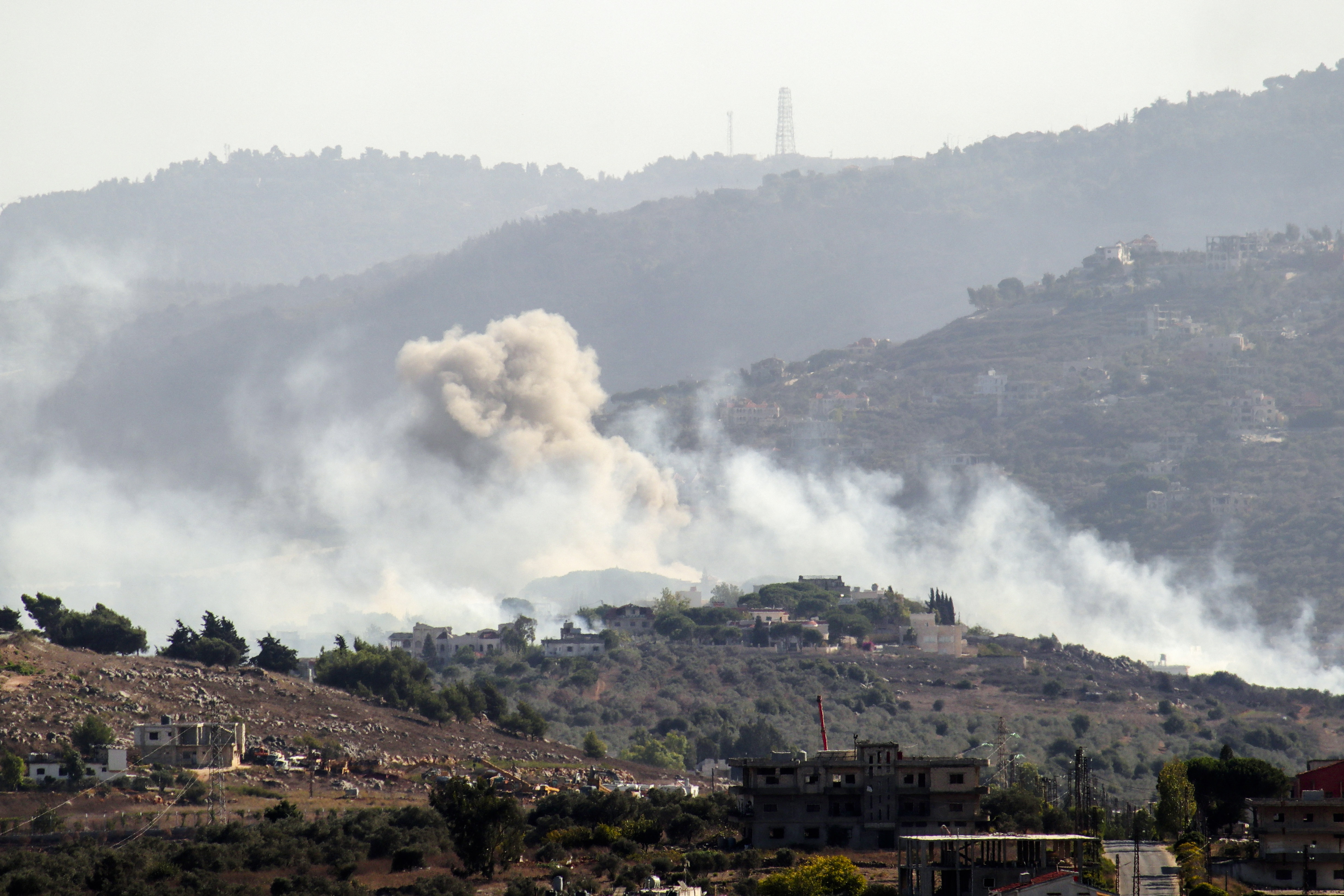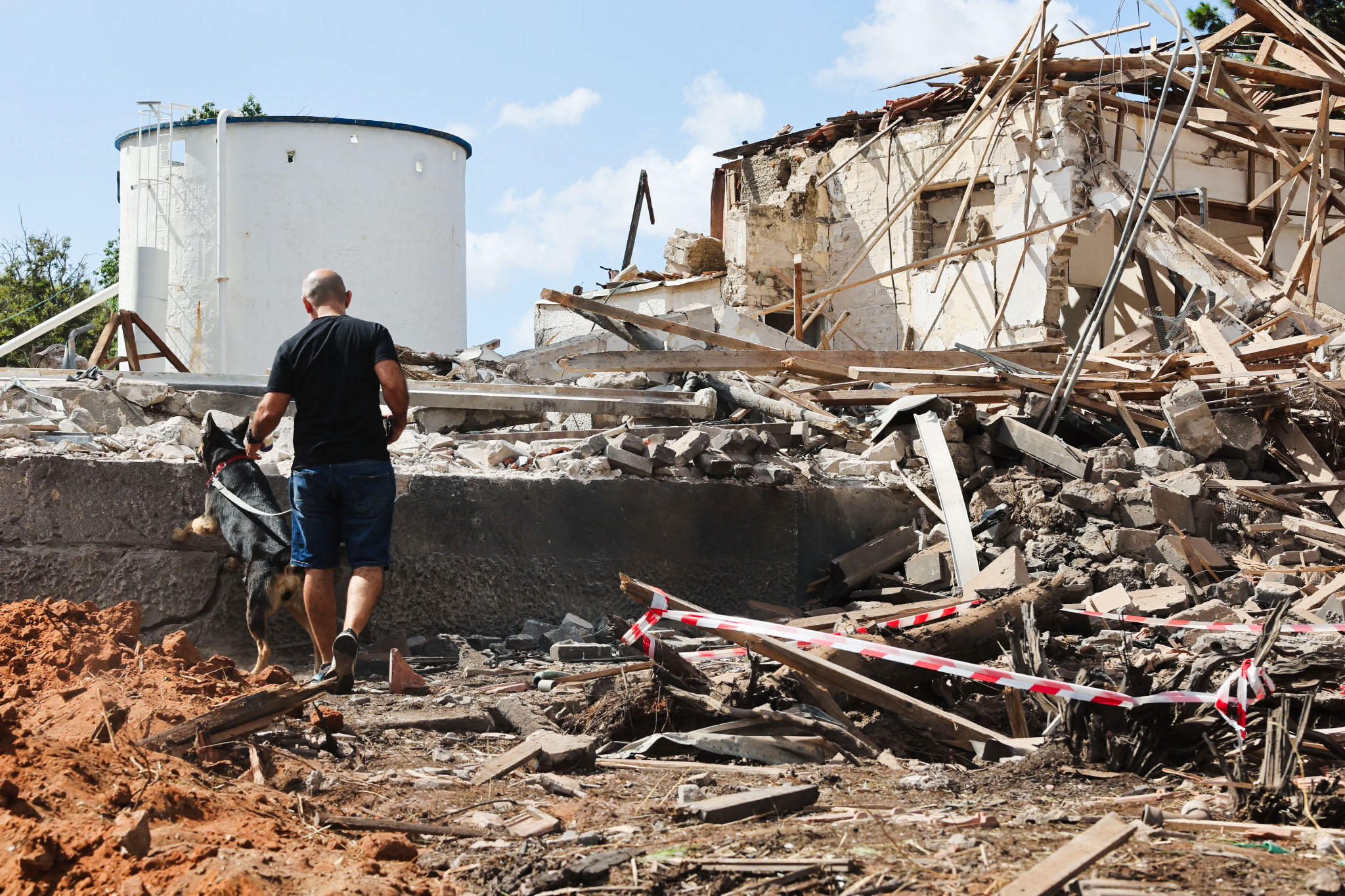On Tuesday night, Iran launched hundreds of missiles towards Israel, with at least some hitting the Jewish state’s territory, in the second such attack by the Islamic Republic this year.
Israel’s military has said that the attacks now appeared to have abated and there was no further threat from Iran for now. The full extent of the damage caused by the overnight barrage is still not known. The Israeli military has said it is not aware of any deaths due to the attacks.
Here is what is known so far.



